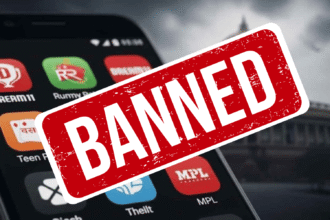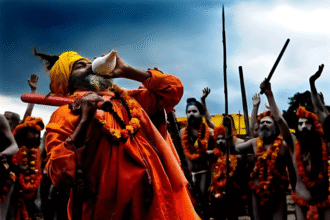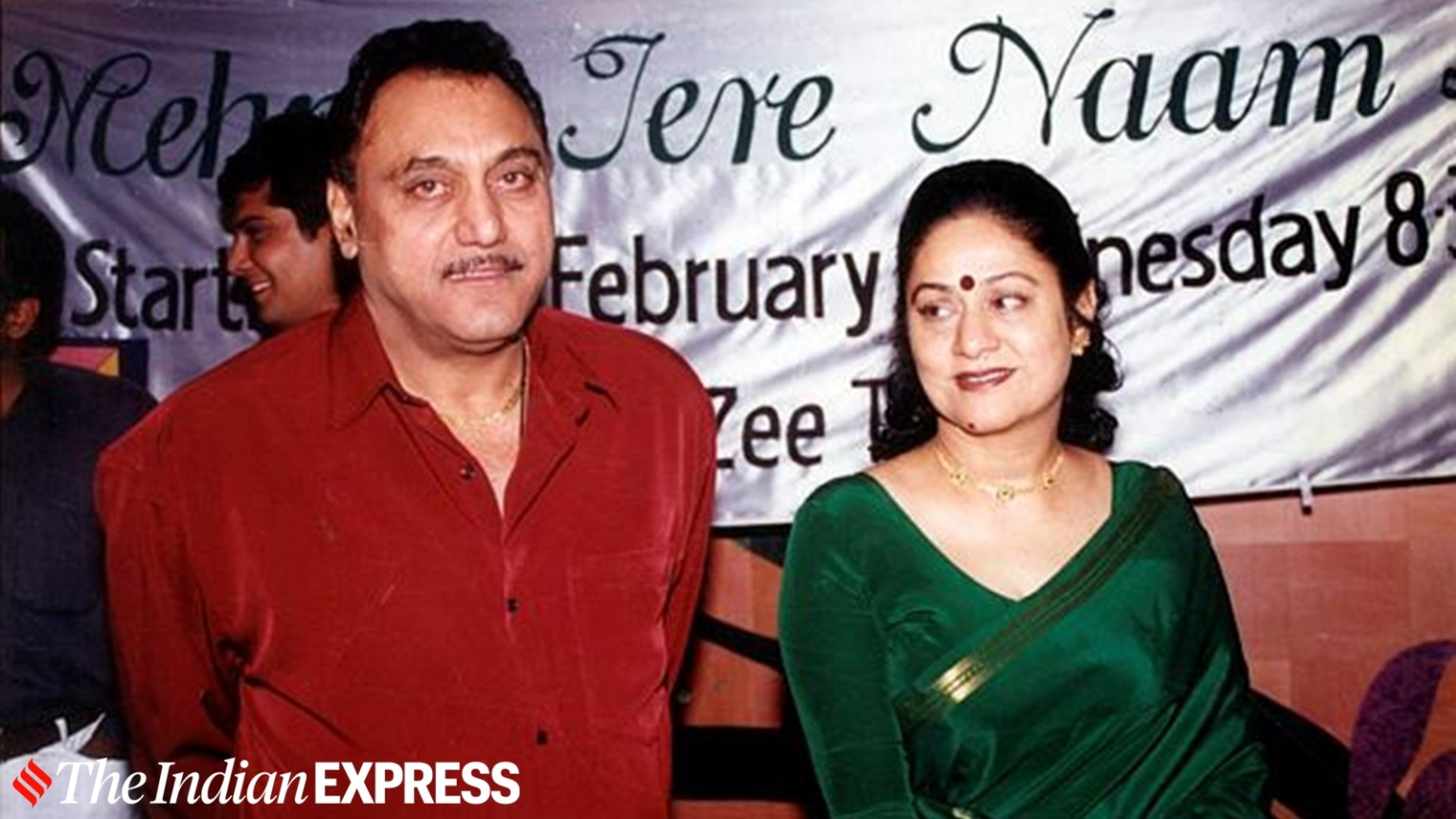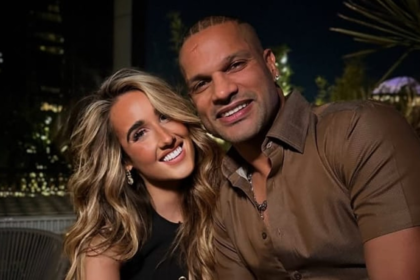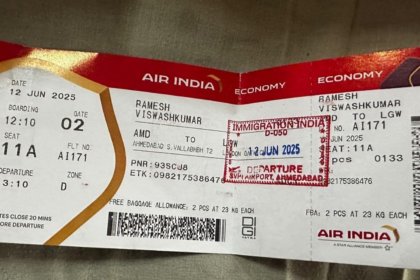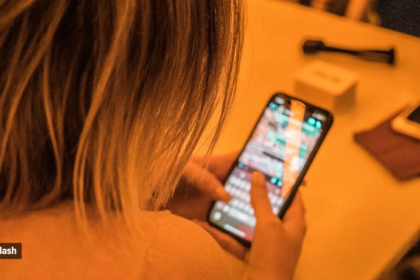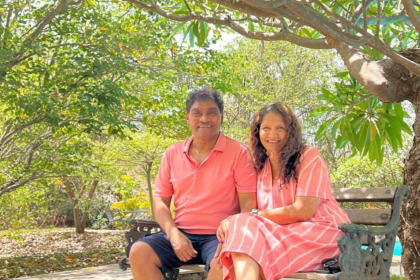Decisions around parenthood are often shaped not just by personal desires but also by deeply ingrained fears, social pressures, and past experiences.
Veteran actor Aruna Irani recently shared why she chose not to have children with filmmaker Kuku Kohli, despite being married to him. Speaking to Lehren, Aruna said, “Aaj kal toh shaadi nahi bhi hui thi tab bhi you can have a child. Neena Gupta ji ko dekh ke mujhe lagta hai yeh courage hai (These days, even if you’re not married, you can still have a child. When I look at Neena Gupta ji, I feel that this is what courage looks like). I didn’t have the courage. I didn’t want my child to face anything. A child’s mind goes through a lot. Bacche ke bagair mujhe chal jayega (I can manage without a child) but I didn’t want my kid to suffer.”
In the same conversation, she opened up about her family background, revealing that she was born to her father’s second wife, and that shaped her perception: “Woh mujhe pasand nahi tha. Mujhe aisa lagta that ki mere bacche woh face nahi kare (I didn’t like that. I did not want my children to face that).”
How do past experiences influence one’s decision to become a parent?
Jai Arora, counselling psychologist and co-founder of Kirana Counselling, tells indianexpress.com, “Past experiences often shape how people view parenthood. If someone grows up witnessing stigma, judgment, or emotional struggles in non-traditional setups, they may develop a heightened sensitivity to how society reacts. This can make them more cautious about bringing a child into similar circumstances. The fear isn’t always about personal capability—it’s often about not wanting their child to face the same hardships they once saw or lived through. Hence, those decisions are driven by fear.”
In cultures where social acceptance still holds substantial weight, such experiences can profoundly influence decisions around marriage, parenting, and family structure.
Psychological burden people carry when they choose not to have children out of fear that the child might suffer emotionally or socially
Arora stresses, “At the core, having a child can be someone’s deep internal desire, but if they somehow decide not to go ahead with it, it can show up in various ways.”
There’s often a quiet grief or internal conflict. On one hand, they may feel they’ve protected the child from potential pain. On the other, there can be lingering guilt or sadness over what could have been. People may wrestle with questions like: Did I deprive myself or a child of happiness? Was I too fearful? “Over time, this emotional weight can carry feelings of loss, regret, or even self-blame — especially when they witness others who chose differently and seemed to navigate it successfully,” notes the expert.
Story continues below this ad
Distinguishing between a choice made out of personal agency versus one rooted in fear, guilt, or social conditioning
The key lies in emotional clarity. Choices made from personal agency often feel empowering and aligned with one’s core values, even if unconventional. They come with peace. “Choices driven by fear or guilt tend to feel heavy, accompanied by rumination, ‘what ifs,’ or a need for external validation. Honest self-reflection, therapy, or even open conversations can help people untangle whether their decisions come from genuine desire or protective avoidance shaped by past wounds or societal narratives,” states Arora.
A good way to access this is to ask yourself, “How will I feel about this decision in 10 minutes, 10 days, 10 months, and 10 years?” When emotions take over, Arora says, zooming out can be helpful.
- How do past experiences influence one’s decision to become a parent?
- Psychological burden people carry when they choose not to have children out of fear that the child might suffer emotionally or socially
- Distinguishing between a choice made out of personal agency versus one rooted in fear, guilt, or social conditioning


